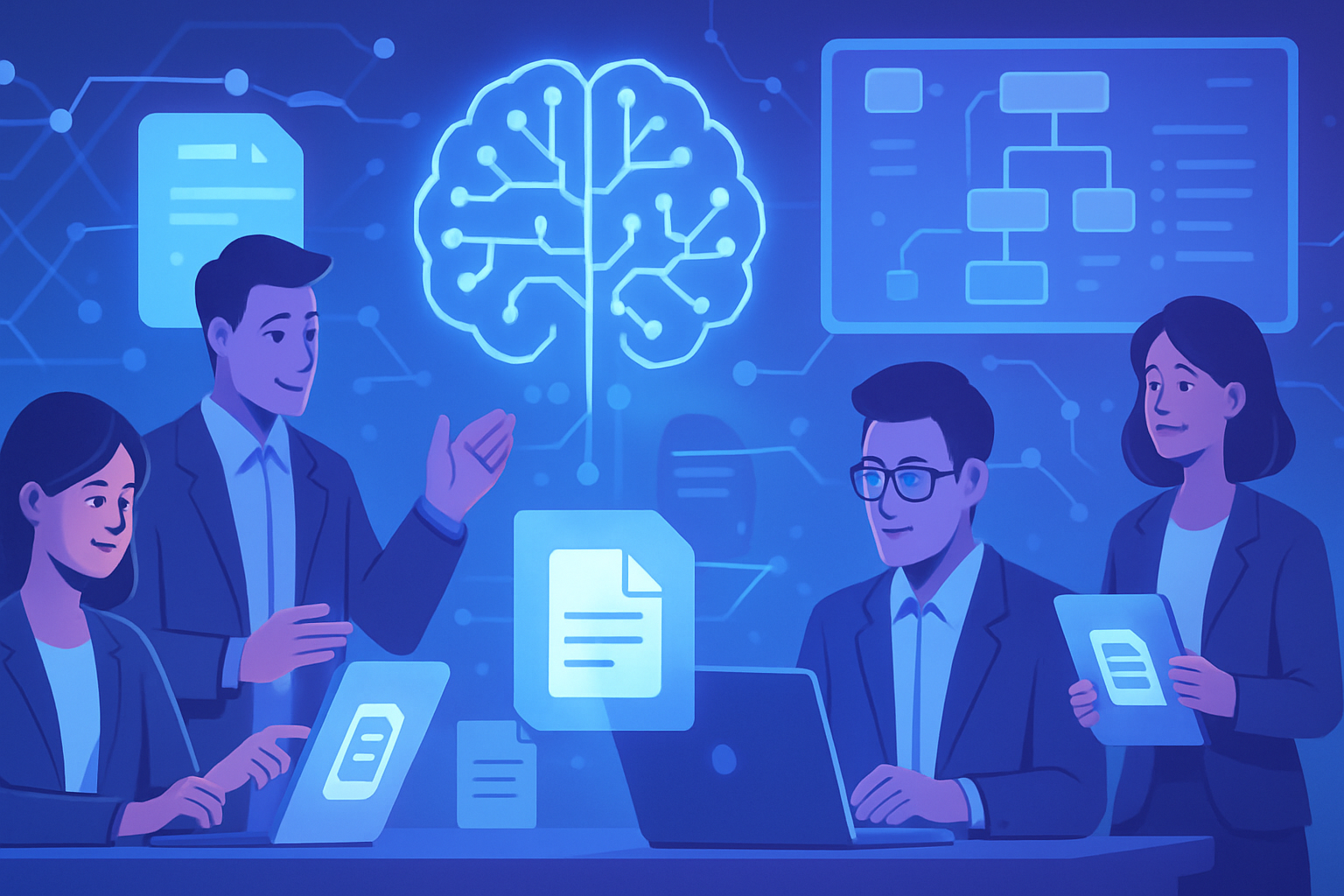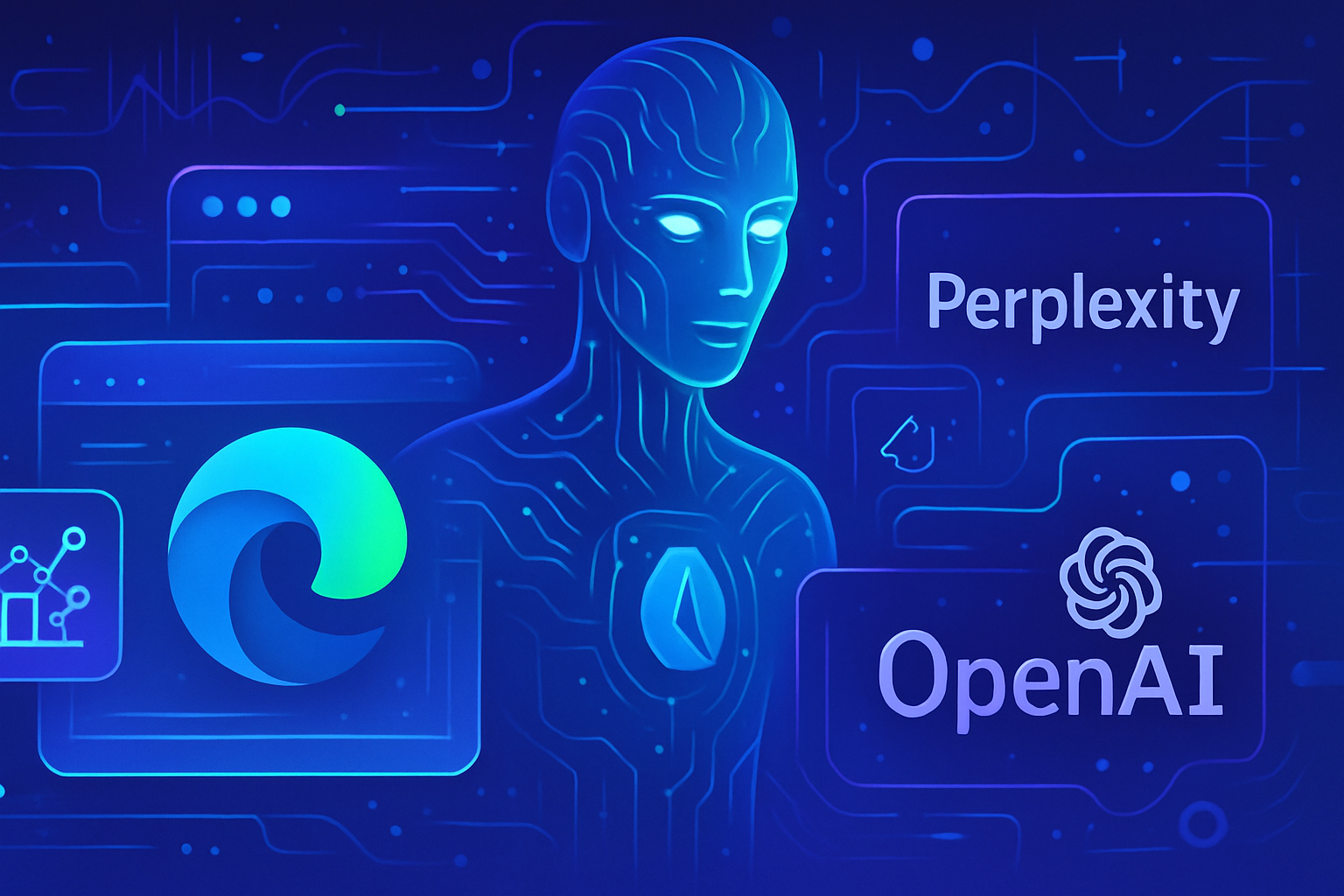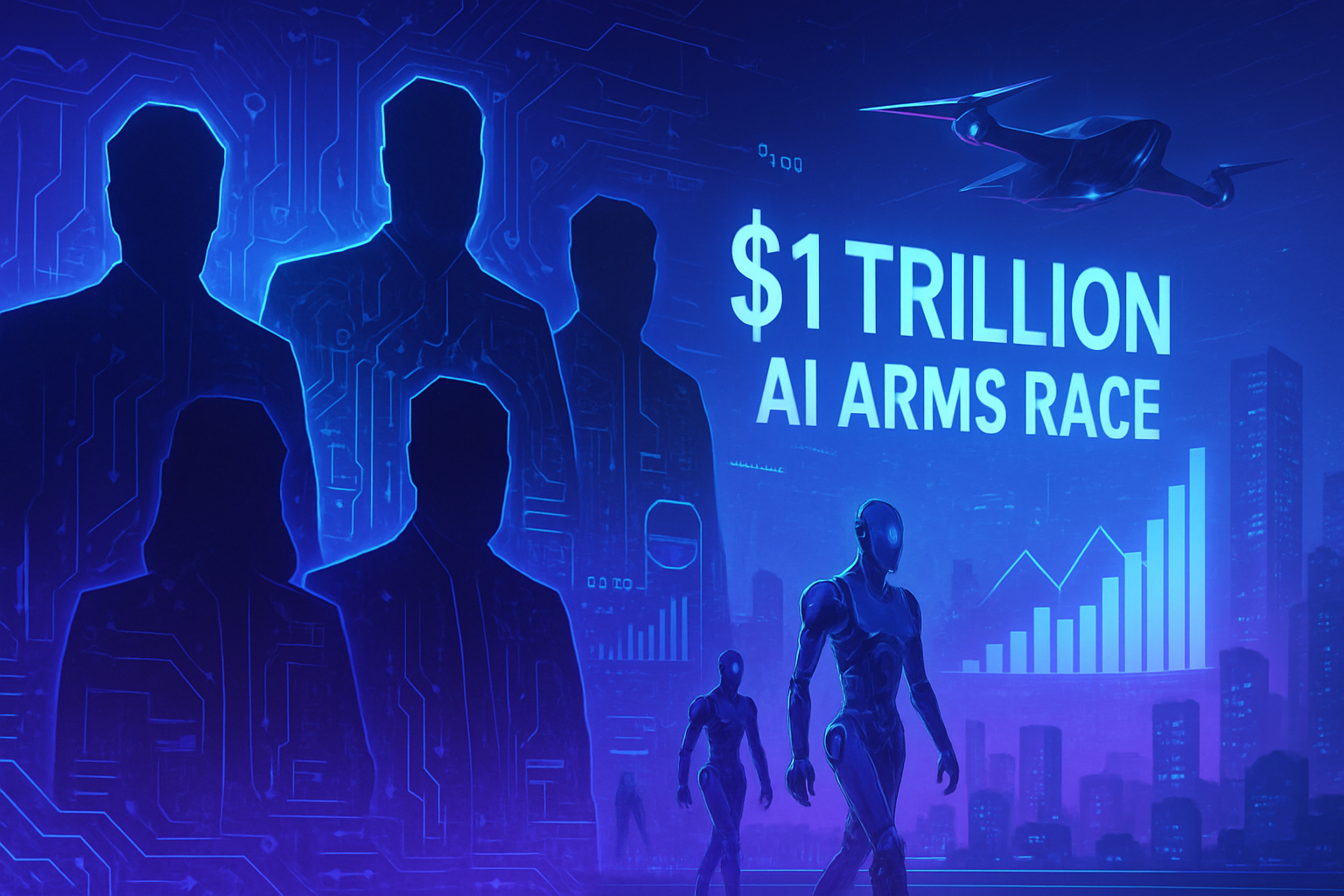The human perception of robots evolves with each interaction. Recent research reveals that playing with these machines gives them an astonishing human dimension. Designing interactions that influence their acceptability in crucial areas, such as care or hospitality, becomes an essential priority. Robots like Cozmo transcend their original functions by engaging in social games, thus fostering a deep emotional connection. This relational dynamic redefines our interaction with them, establishing a bridge toward a more harmonious coexistence.
Social Interactions with Robots
Research conducted by the University of East Anglia highlights human perception of robots. By interacting with machines such as Cozmo, an interactive robot expressing a lively personality, participants see these machines as more human-like. Their interactions resemble those experienced with other humans.
Impact of Games on Perception
Studies reveal that playing games with robots fosters social connection. Over one hundred participants were placed in various situations, where half were invited to play a game in a playful manner. Individuals who played with Cozmo subsequently expressed a stronger perception of the robot’s humanity, contrasting with those who had purely mechanical interactions.
The Emotions of the Cozmo Robot
Cozmo is not just an assembly of metal and circuits. It can express emotions such as joy, sadness, and even frustration. These capabilities go beyond robotic functions, fostering emotional identification among users. These affective responses increase the acceptability of robots in various roles, ranging from care to customer service.
Context and Experiences
Dr. Natalie Wyer, the principal researcher, emphasizes that the context of interactions is crucial. During simulations where Cozmo appeared to make independent decisions after a game, systematic errors in the perception of the robot’s actions emerged, similar to those observed in human relationships. This phenomenon indicates that the way we interact with a robot can influence our perception of its autonomy.
Implications for the Future of Robotics
As robots integrate into our daily lives, from hospitals to homes, the findings of this study are promising. Designing interactions that promote social engagement could facilitate their acceptance. Viewing robots not only as tools but also as emotional partners could transform our relationship with robotics.
Toward a Harmonious Coexistence
The research underscores the need to assign more social roles to robots in our society. Before we accept these machines merely as collaborators, playful interaction appears to be essential. This could lay the groundwork for a collaborative relationship between humans and robots, where each is seen not just as a tool but as a social actor.
To learn more about integrating AI into various strategies, check out this article on AI integration. To explore the impact of AI in customer service, visit the evolution of professions.
Frequently Asked Questions about Human Perception of Robots After Playful Interaction
How does playing with robots influence our perception of them as human-like?
Playing with robots helps create an emotional connection that makes them seem more “human” in the eyes of users, leading them to perceive actions that resemble social behaviors.
What types of games are the most effective for establishing an emotional bond with a robot?
Social or interactive games that encourage cooperation or competition are the most effective at breaking the ice and promoting a more human perception of robots.
Does the type of robot play a role in how people perceive their humanity?
Yes, even non-humanoid robots like Cozmo can be perceived as more “human” after playful interactions, but robots with human-like features can further facilitate this perception.
Why do mechanical interactions fail to foster a humanoid perception of robots?
Mechanical interactions lack emotion and dynamism, preventing users from developing a bond or interpreting the robot’s actions as stemming from personal intent.
What are the benefits of perceiving robots as more human in practical contexts?
A more human perception of robots can improve their acceptability in tasks such as caregiving or customer service, making users more open to daily interactions.
What is the role of independent thought in our perception of robots after using them in games?
The perception of independent thought in a robot, induced by games, allows users to attribute more human-like behaviors to it, thereby increasing emotional engagement.
Can robots really develop a personality through human interaction?
Although robots do not develop personality in the human sense, their programmed responses and emotional behaviors can create that impression for users, especially after games.
How does empathy play a role when interacting with robots?
Empathy is enhanced through playful interactions, allowing users to feel stronger emotions for the robot, thereby leading them to consider it a partner rather than just a tool.






